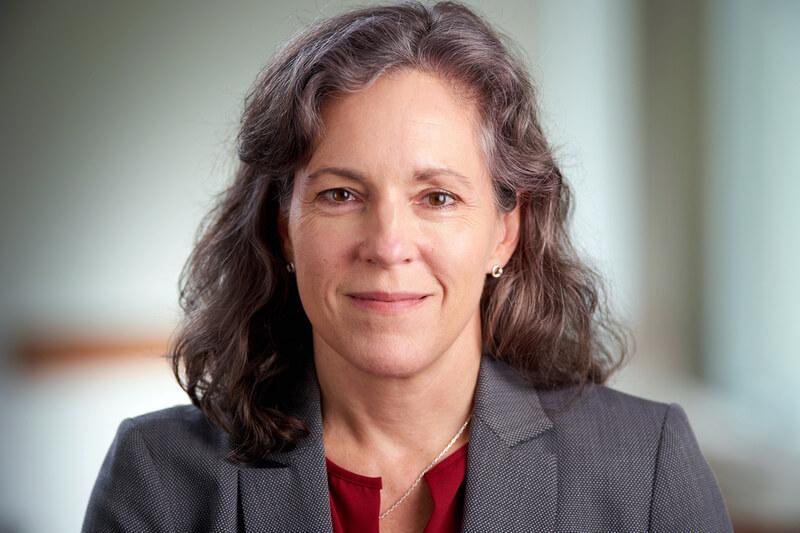
Care for older adults with heart failure can be optimized using a four-domain framework including medical, mind, physical function, and social environment.
About 5.7 million adults in the United States and at least 26 million worldwide have heart failure. Heart failure is the number one cause of hospitalization in older adults, accounting for $123 billion per year in Medicare spending. Prevalence rises from 6 percent among individuals aged 60 to 79 years to approximately 14 percent in those aged 80 years or more. Up to 79 percent of patients with heart failure suffer from frailty, a complex syndrome linked to aging and chronic illness that results from multiple organ impairment.
Care is fragmented, with visits to the clinic posing a challenge, and despite advances in prevention and treatment, mortality and morbidity remain high. Optimizing the care of this very complex and vulnerable population is a high priority, but remains challenging. Cardiologists are increasingly faced with the need to provide comprehensive care that falls outside of traditional training in cardiovascular medicine.
“A multi-domain approach is needed to provide the best possible treatment to older adults with heart failure,” said the DCRI’s Karen P. Alexander, MD, professor of medicine.
“Simply put, heart failure cannot be considered in isolation, without physical functioning, or the social, psychological, and behavioral dimensions of illness. A four-domain framework – involving medical, mind and emotion, physical function, and social environment – should be incorporated in routine clinical work in a tailored, individualized approach.”
Alexander gave a podium lecture Saturday at the American College of Cardiology’s annual Scientific Sessions in New Orleans.
She described a key emerging theme in the science and medicine of heart failure – the need to identify and target specific causes of heart failure, and take into consideration the medical and environmental contributors in selecting an effective intervention.
Multidisciplinary teams can provide a holistic approach, taking into account a broad range of factors, such as cognitive impairment, polypharmacy, physical function, dietary habits and social circumstances. Diverse innovations are being testing in these patients, with personalized care plans increasingly leveraging technology. Advances in digital health and telehealth could potentially change the landscape for these patients in future through mobile health, tele-rehab and tele-visits. Other targeted approaches to heart failure in older patients include community exercise opportunities, provision of meal kits and nutrition support, home diuresis, and social support to address depression and cognitive concerns.
“Multi-domain management of the geriatric heart failure patient is about considering care in the context of the individual,” Alexander said. “This enables the creation of a personalized care plan supported by broad use of community and technology supports to maximize days spent at home.”